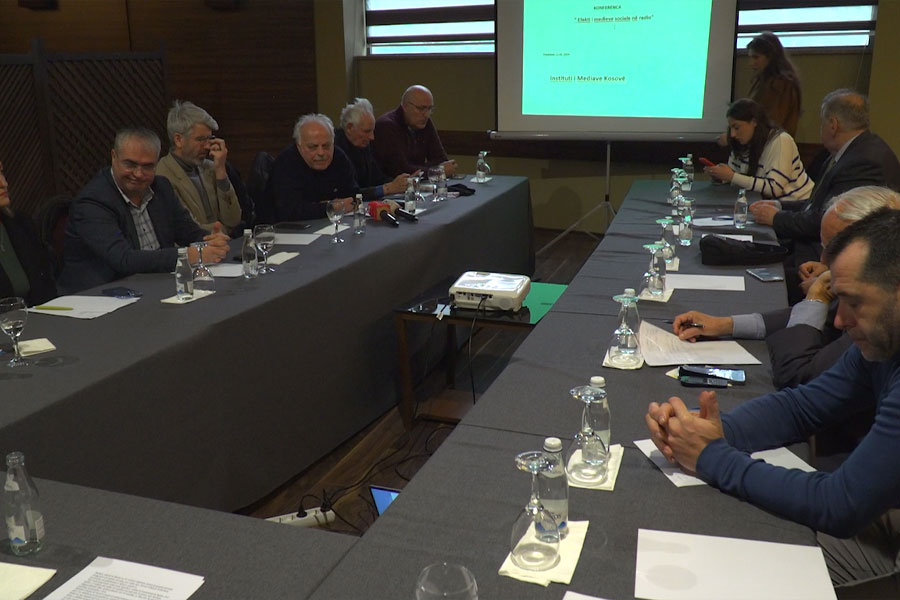
On World Radio Day, the Kosovo Media Institute organized a press conference with the topic "Effect of social media on radio".
The president of the Kosovo Media Institute, Fazli Veliu, said that the technological transformations and the new dynamics of transition have affected the entire spectrum of the media all over the world, including the local media in Kosovo, and in particular the radios.
He added that social networks have greatly damaged some local radio stations, since according to him, the interest of companies in radio advertising is small.
Meanwhile, university professor Arben Fetoshi said that due to the hegemony of digital platforms, the trend has challenged radio in terms of financial opportunities for a better life.
He emphasized that radios encounter difficulties because the impact of digitization is comprehensive, for which he added that radios must adapt to avoid failure.
Meanwhile, Hyre Tejeci from Radio Kosova said that with major changes in the country, technology, and other developments, according to her, work in radio has also been imposed.
Tejeci emphasized that technology has not only affected radios but has also television and newspapers.
Meanwhile, the journalist Gazmend Syla, while talking about the effects of social media, said that what a radio offers and contains is very important if it will be heard and liked by the audience.
He expressed optimism that radio will have a future, for which he mentioned podcasts as a good opportunity to adapt radio to the digitalization of media.
On this date, in 1946, the United Nations Radio had broadcast its first program.
The former Secretary General of the UN, Ban Ki-Moon, said that radio entertains, educates, informs, and helps popularize democratic changes throughout the globe. /Z. Zeneli/

